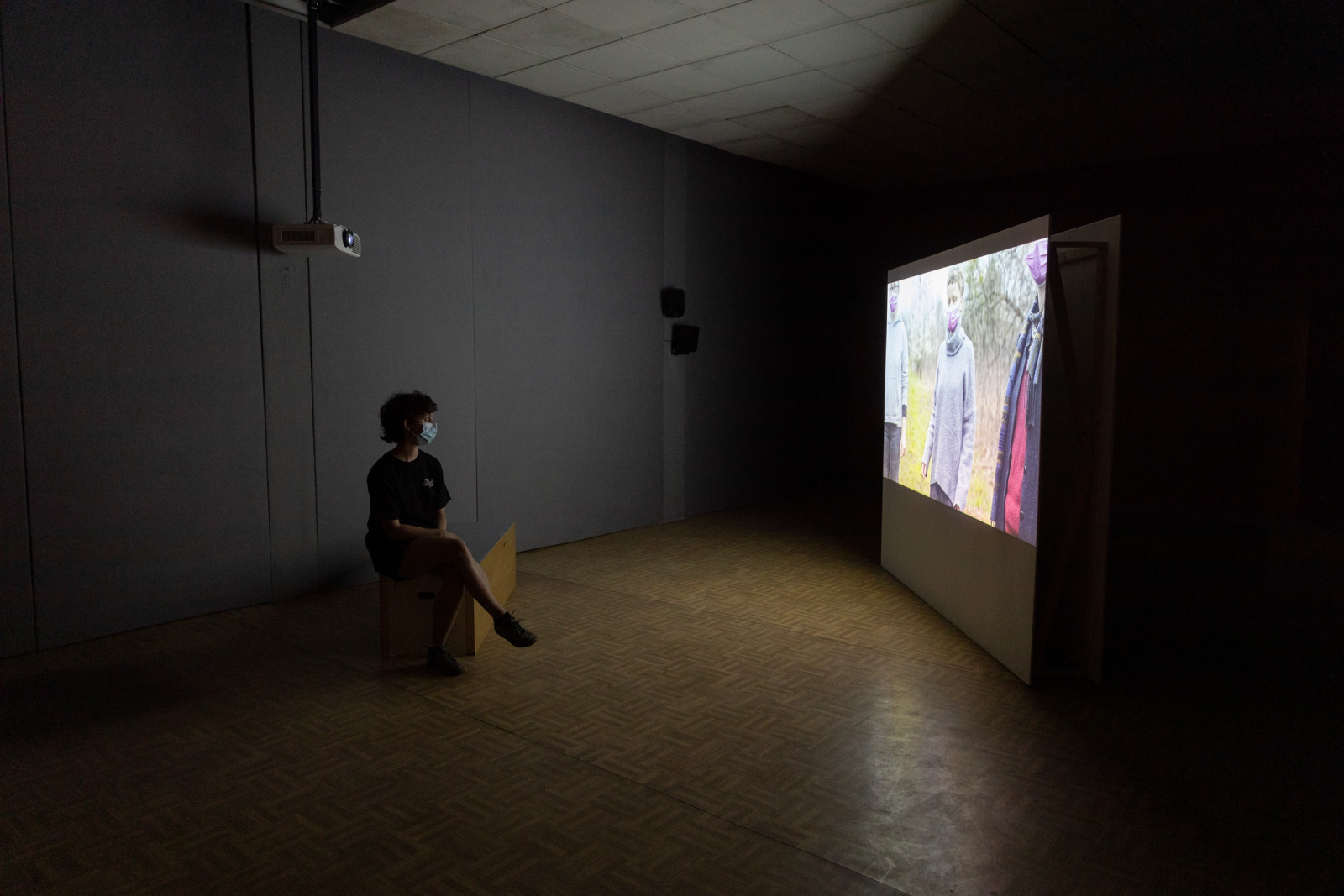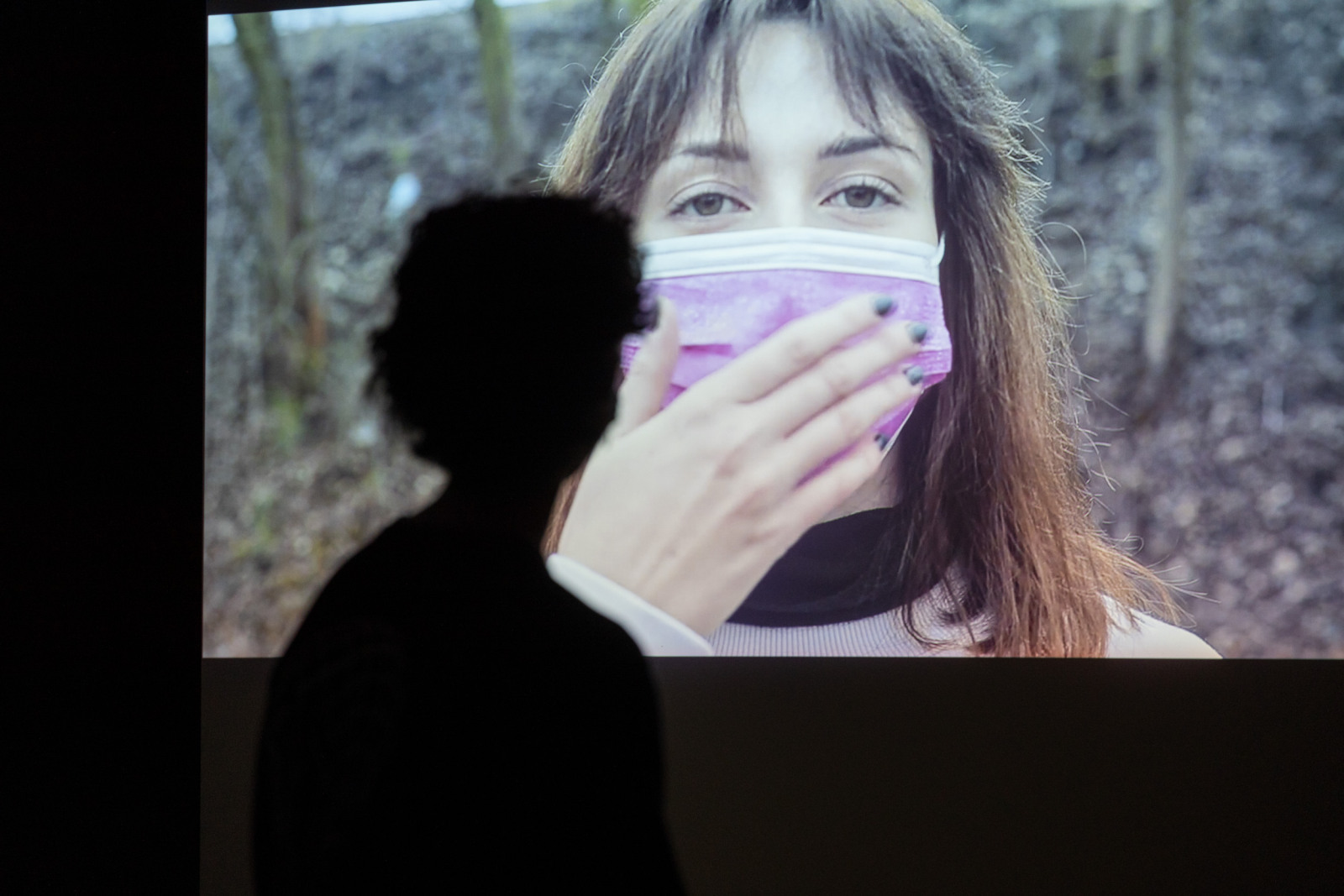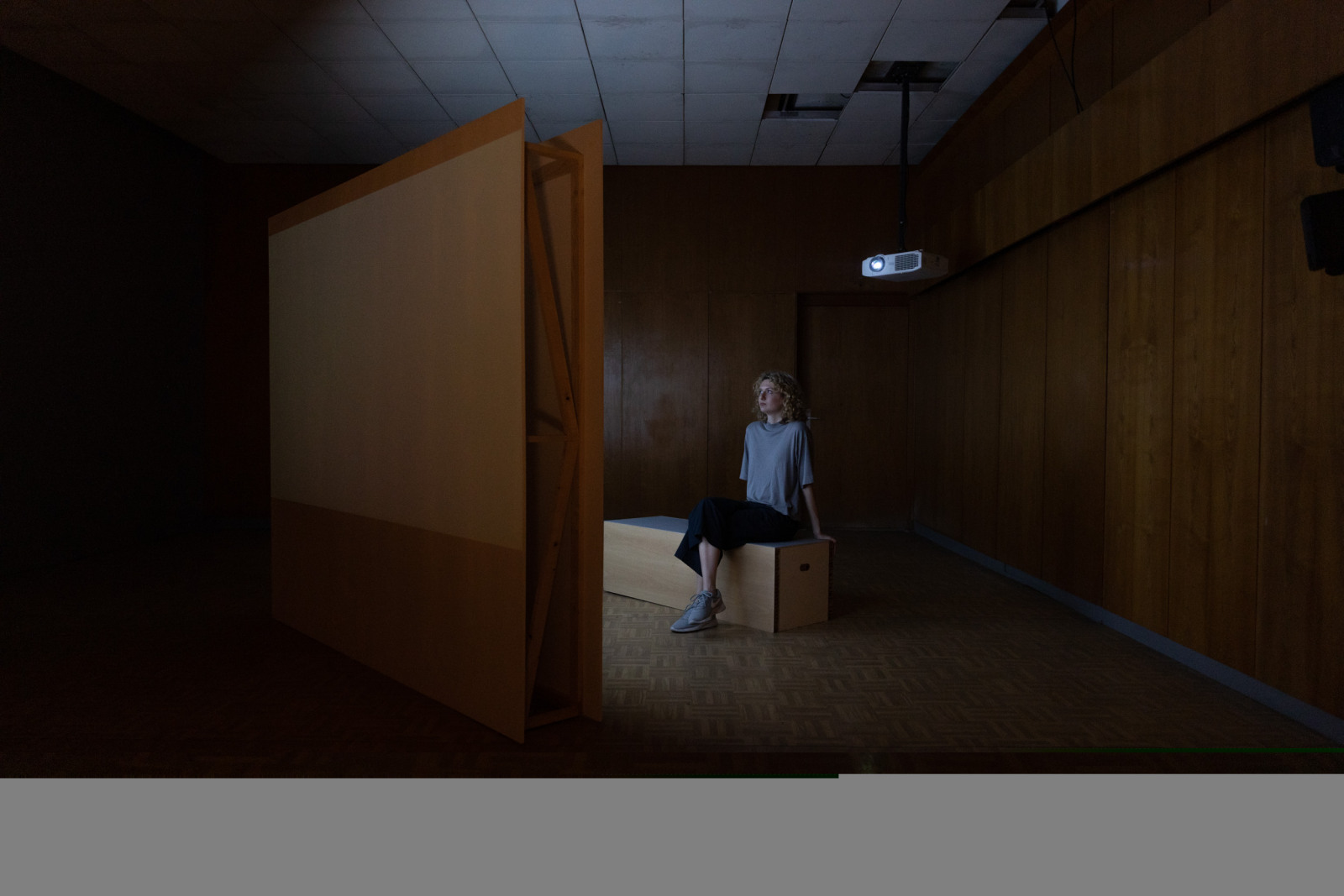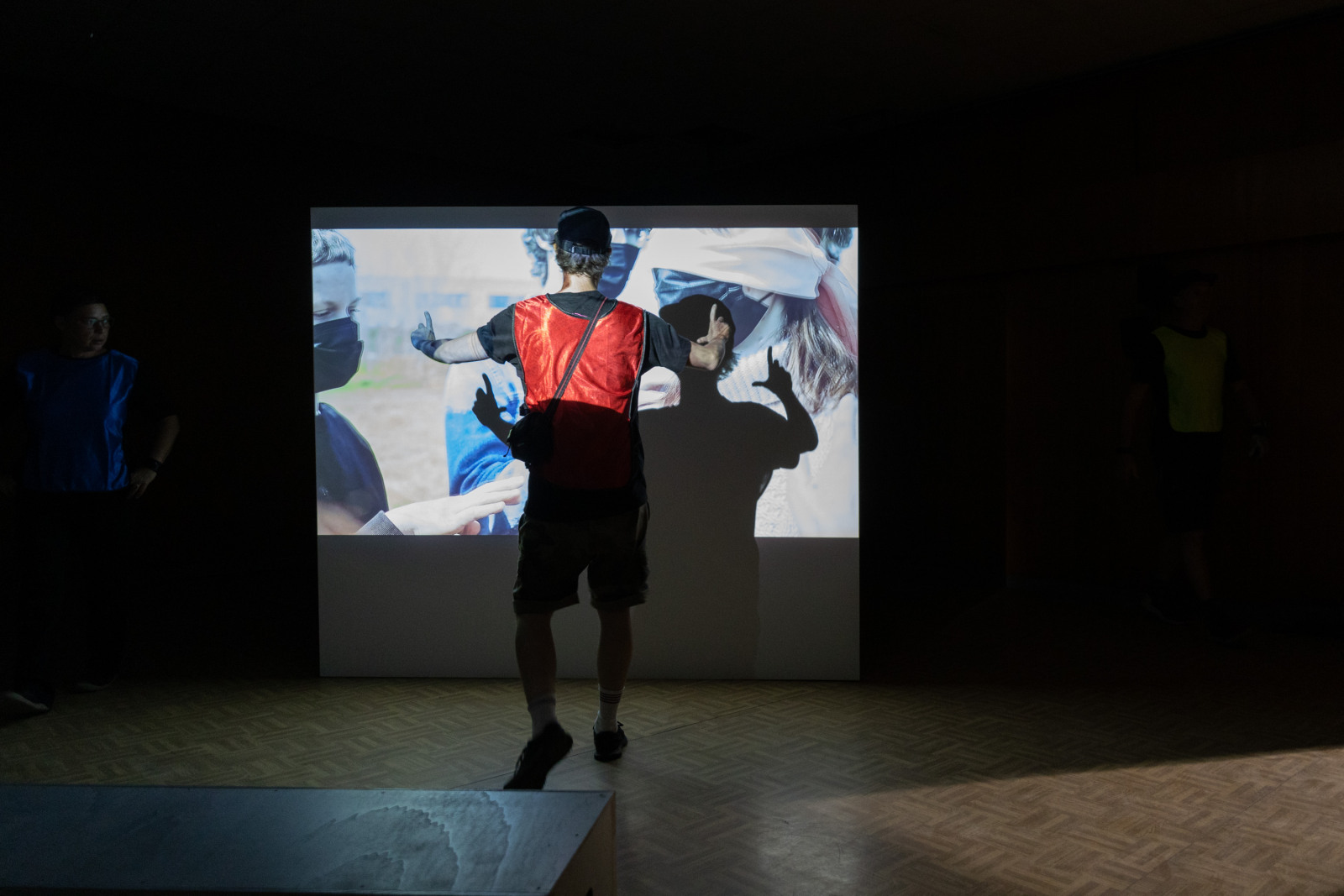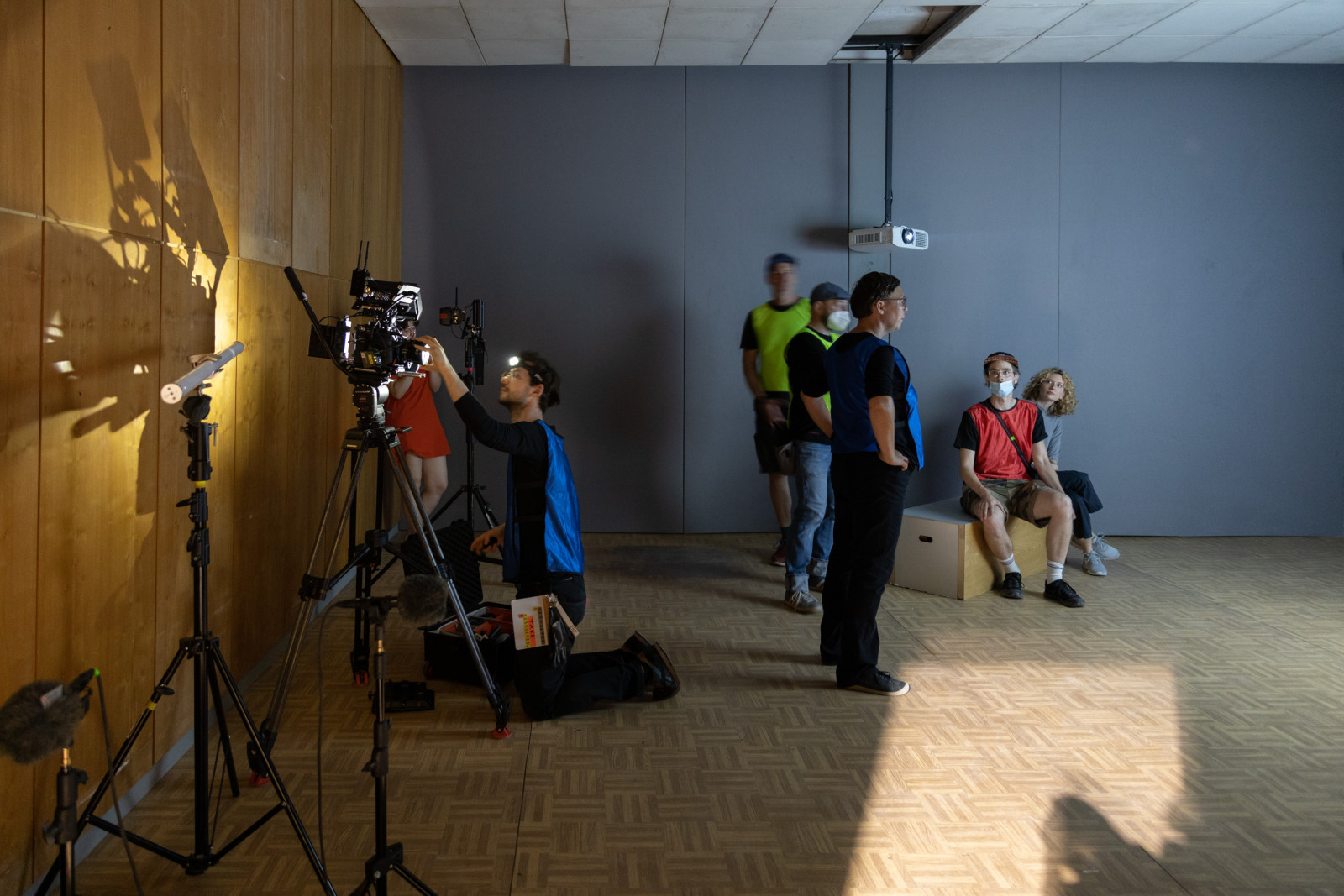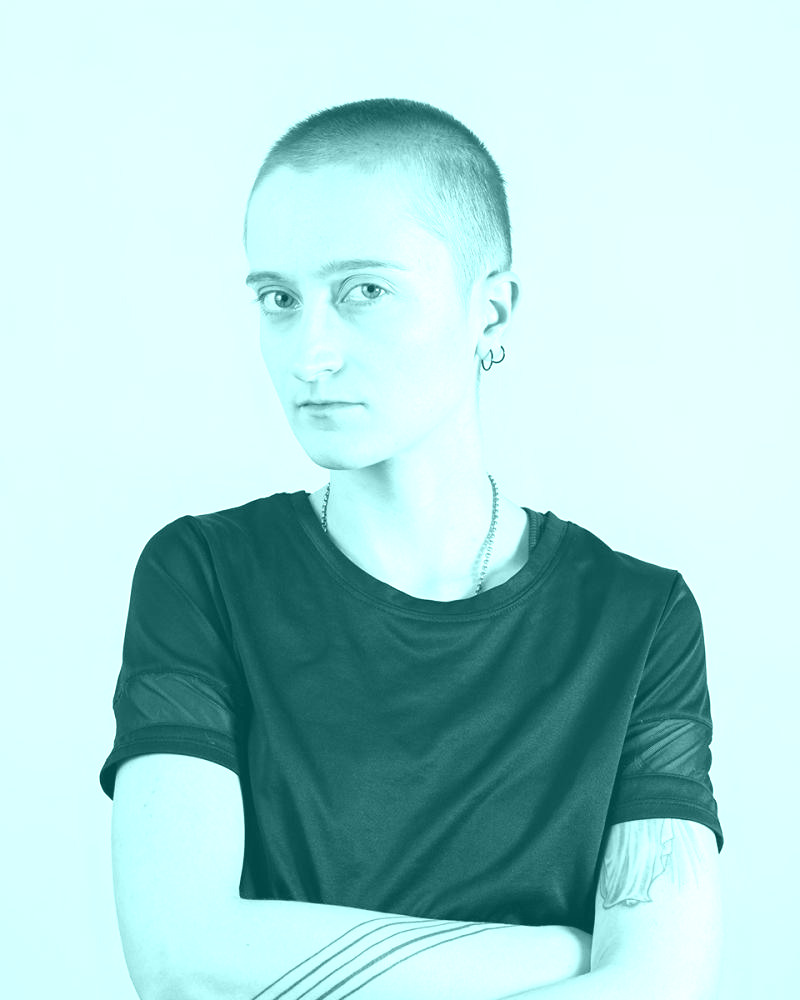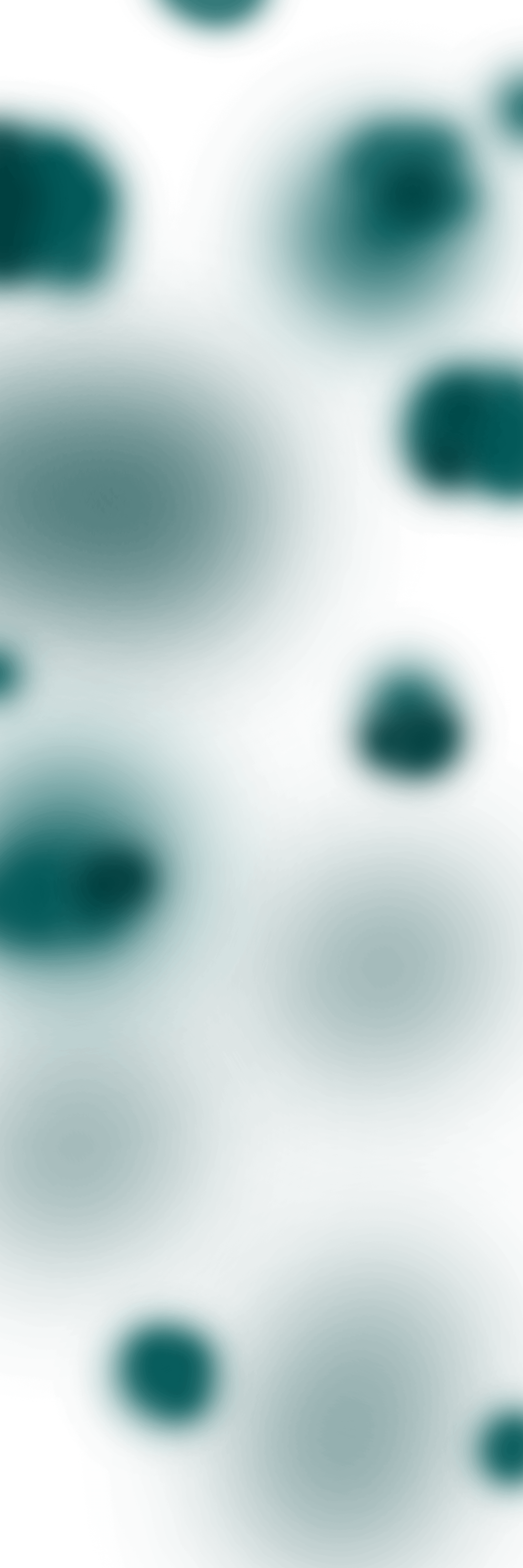Liliana Zeic (formerly Liliana Piskorska) is a visual artist based in Poland. She is a finalist of the Forecast Forum in Berlin in 2017 and Views 2019: Deutsche Bank Award. In her artistic work, she analyses social issues from the perspective of feminist-queer practice and theory. She focuses on dependencies between Central European identity and the position of peripheral identities and undertakes the subject of queer lesbianism considering its construction and potentiality.
Scholarship holder (2021) in the Werkleitz EMAP/EMARE programme (2018–2021)

